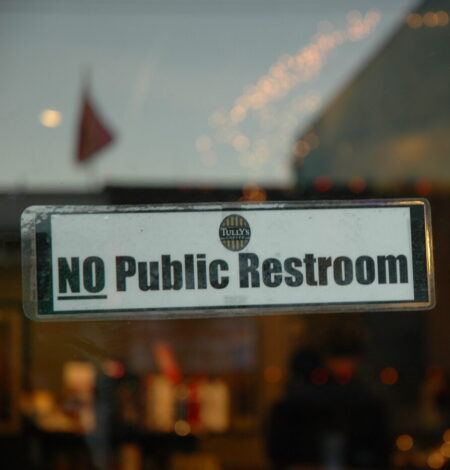
The House Always Wins: The Algorithmic Gamblification of Work
Recent technological developments are transforming the basic terms of worker compensation. Rather than receive a salary or predictable hourly wage, workers in the on-demand economy are often paid using opaque and constantly fluctuating formulas, allowing firms to personalize and differentiate wages in order to influence worker behavior. These payment schemes violate long-established norms of fairness, undermine economic stability, and make it nearly impossible for workers to predict or understand their compensation. As a result, many workers now experience their jobs as a form of gambling, in which they are being tricked into working longer for less.






